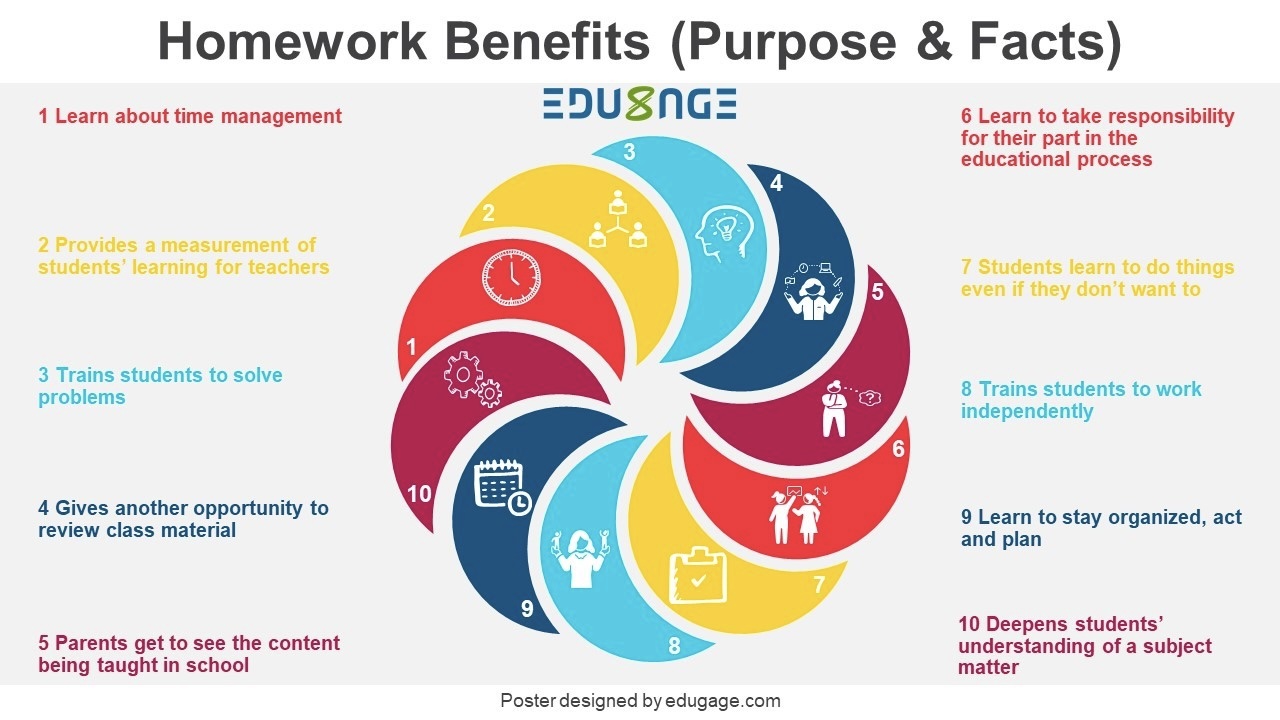
As both educators at Harrow International School Hong Kong and parents, we often find ourselves pondering the question: Should schools still give students homework? It’s a topic that has sparked intense discussions, with valid arguments from both perspectives. And so, let’s look at the points on both sides of the debate as we delve into the pros and cons of after-school assignments in today’s educational landscape.
What is the Value of Homework?
Managing your time effectively is crucial for students as homework can teach them how to split and rank tasks according to importance. Taking responsibility for their education is another key lesson homework imparts, encouraging students to own their learning journey. Homework is a chance to use problem-solving skills by prompting students to think creatively when faced with challenges.
It also serves as a gateway to deeper research, allowing students to explore specific topics and broaden their knowledge. Additionally, through consistent practice, homework aids in cultivating self-discipline, a valuable trait for academic and personal growth.
One of the biggest factors to consider is whether homework is helping to advance what’s actually happening in class. Homework has always been a way to reinforce learning and ultimately help a student remember what particular lessons taught and what skills should be cultivated. It’s all about practice, self-discipline, and, when done well, presents an opportunity to share valuable feedback for both student and teacher. As is typically the case, the key is to find the balance.
It should be productive and not just “busywork”. It’s got to be meaningful, and to represent an extension of what’s being taught. Otherwise, what’s the point? We want homework to feel like it’s adding value, not just ticking off boxes.

Source: Edugage
The Relevance of Homework and Its Impact on Students
One of the most hotly debated aspects of homework is its relevance to students’ learning in today’s age. At Harrow International School Hong Kong, we are acutely aware that for homework to be effective, it must be clearly connected to what students are being taught in class. It should not be a mindless exercise but rather a meaningful extension of the learning process. This is where the crux of the matter lies – ensuring that homework serves a purpose and adds value to students’ educational journey.
Then there’s the impact on students. Homework can absolutely teach them time management and how to think for themselves. While homework can instil valuable habits such as time management and independent thinking, it’s also been associated with increased stress and a negative attitude towards school. Finding the right balance is crucial to ensure that homework remains a constructive tool for learning.
What is the Role of Parents in Terms of Homework?
Another important function of homework is to connect parents with their children’s education. It gives parents a chance to participate in their child’s learning experience and discover more about their academic development. With that being said, it’s also crucial to acknowledge that, for a variety of reasons, not every parent can support their young ones with their schoolwork, or there may be times when it’s just not possible. As a result, assignments should be created based on the capacity of learners to handle them and to be mindful of the family dynamics in our society today.
Homework and the Changing Educational Landscape
The way we look at homework may have to adapt as the educational landscape does, and it’s clear that the conventional wisdom around homework also needs to be reconsidered. With so many extracurricular activities and family obligations to balance, it’s critical to make sure that homework enhances young peoples’ overall wellbeing rather than being a burdensome task. This necessitates a tailored approach to allocating and overseeing homework.
It’s an intriguing question to ask if homework should still be assigned in schools in 2024. Even though homework has many advantages, it must be implemented in a way that takes into account how students’ academic requirements are evolving as well as the larger educational environment. Through a meticulous evaluation of the significance, effect, and feasibility of homework, we will work towards achieving an equilibrium that facilitates the education of children and overall growth.
The debate on homework is far from over, and it’s a topic that will continue to evolve as we shape the future of education.
